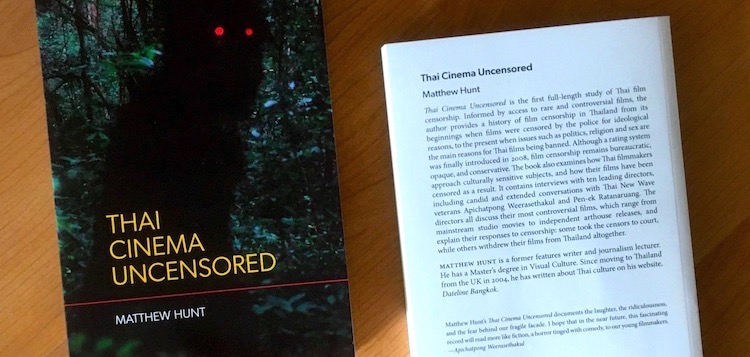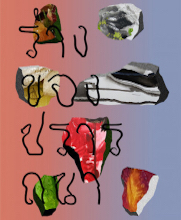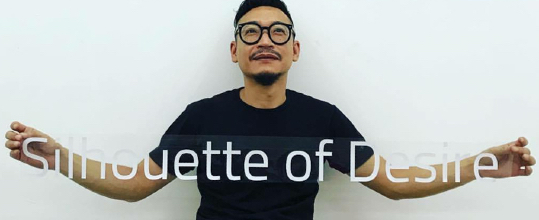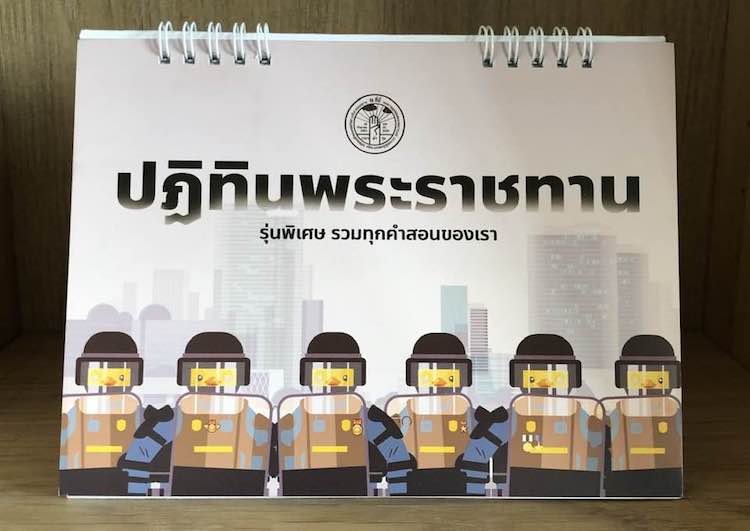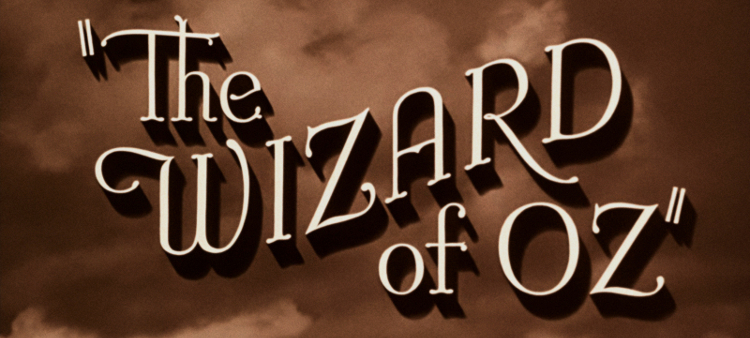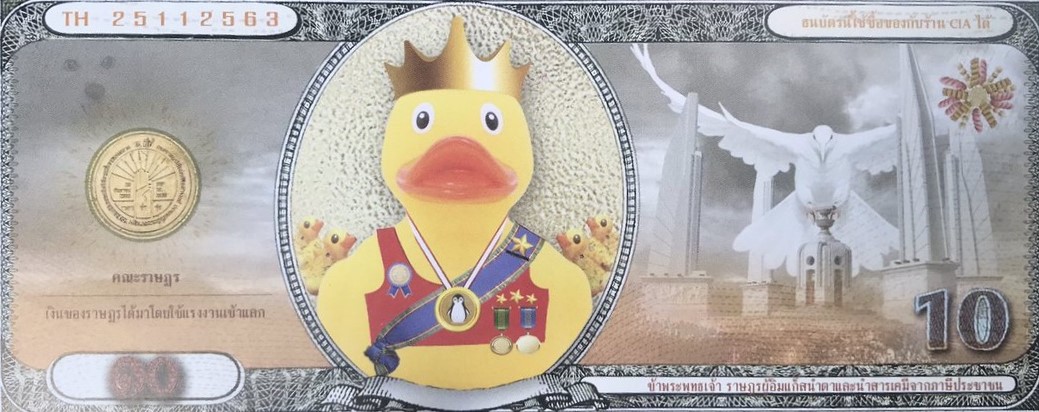
Bangkok Screening Room, the boutique independent cinema, will be closing at the end of next month. Like other entertainment venues in Bangkok and elsewhere, BKKSR has borne the brunt of the economic crisis caused by the coronavirus pandemic. All cinemas in Bangkok were closed in April and May last year, during the country’s first coronavirus lockdown, and since reopening they have been operating at limited capacity to maintain social distancing.
BKKSR opened in 2016, and quickly established itself as the city’s leading arthouse cinema. It offered a unique Hollywood and world cinema repertory programme, plus screenings of contemporary Thai indie films, and revivals of Thai classics. The BKKSR team also curated seasons dedicated to marginalised filmmakers, including an LGBT+ Film Festival, a Global Migration Film Festival, and a Fem Film Festival.
BKKSR’s inaugural screening was The Third Man, starring Orson Welles, and fittingly this classic film noir will also be the last film screened there, on 31st March. (It will also be shown on 19th, 21st, 23rd, 25th, 27th, and 28th March.) BKKSR is the second Bangkok cinema to close as a result of the pandemic, after the Scala shut its doors last year. (Also, Cinema Oasis has been closed indefinitely since last March.)
BKKSR opened in 2016, and quickly established itself as the city’s leading arthouse cinema. It offered a unique Hollywood and world cinema repertory programme, plus screenings of contemporary Thai indie films, and revivals of Thai classics. The BKKSR team also curated seasons dedicated to marginalised filmmakers, including an LGBT+ Film Festival, a Global Migration Film Festival, and a Fem Film Festival.
BKKSR’s inaugural screening was The Third Man, starring Orson Welles, and fittingly this classic film noir will also be the last film screened there, on 31st March. (It will also be shown on 19th, 21st, 23rd, 25th, 27th, and 28th March.) BKKSR is the second Bangkok cinema to close as a result of the pandemic, after the Scala shut its doors last year. (Also, Cinema Oasis has been closed indefinitely since last March.)

